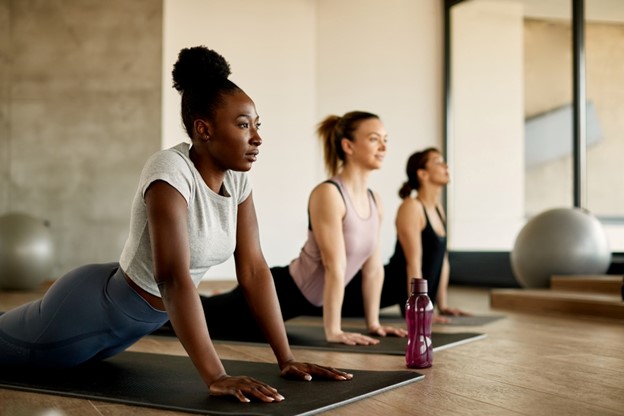Participating in sports or any form of physical activity can bring immense satisfaction and health benefits. However, the risk of injury is an unfortunate reality that can disrupt athletic careers and everyday fitness routines. For athletes and active people, injury prevention is as important as achieving their personal best in any sport. Here are some key tips to help you stay in the game and on track with your fitness goals.
Understanding Sports Injuries
Before we can tackle prevention, it’s essential to understand the nature of sports injuries. Whether it’s a sprain, strain, or more serious form like an ACL tear or a concussion, sports-related injuries can occur during training, competition, or even during casual exercise. The most common causes stem from overuse, lack of proper warm-up, poor training methods, and ignoring chronic pain as a potential warning sign.

Injury Prevention Strategies
1. Prioritize Warm-Up and Cool-Down
Start your session with a dynamic warm-up that mimics the movements of your sport, which eases your body into action. A strategic cool-down routine, including stretching, can help to reduce muscle soreness and improve flexibility, which translates to better performance and reduced injury risk over time.
2. Focus on Technique and Form
Proper sports technique not only improves performance but also safeguards against injury. It’s important to learn the correct form for any movement in your sport. For example, in running, maintaining a proper foot strike and posture can prevent many common running injuries.
3. Strengthen and Condition
A strong, conditioned body is less prone to injury. Regular strength training and conditioning exercises should be part of your workout regimen. These exercises target muscles, ligaments, and tendons, making them more resilient to the stress of athletic activity.
4. Allow for Rest and Recovery
Overtraining is a significant cause of injury. Adequate rest between workouts and days off each week help prevent overuse injuries and allow your body to recover. Rest is not a sign of weakness but a strategy to maintain long-term health.
5. Cross-Train
Engaging in a variety of exercises through cross-training can help prevent overuse injuries. It allows the body to rest some muscles while working others. Cross-training activities should complement your main sport and address different aspects of fitness like strength, flexibility, and endurance.
Implementing Injury Prevention in Your Routine
Injury prevention is most effective when it’s an integral part of your exercise routine. Make a habit of integrating warm-ups and cool-downs into every workout. Record your progress and take rest days as seriously as training days. Additionally, make sure to consult with a coach or trainer who can guide you in creating a customized training plan to prevent injuries specific to your sport.
The Future of Injury Prevention
The landscape of sports injury prevention is evolving, with advancements in technology and rehabilitation. Keeping informed about the latest equipment and techniques can further reduce your risk of injury.
While participating in your sport, remember that injury prevention is a non-negotiable aspect of your training routine. Whether you’re an amateur athlete or a seasoned pro, integrating these tips into your fitness lifestyle can mean the difference between reaching your goals or facing a setback. If you’re experiencing persistent pain or have concerns about an injury, don’t hesitate to seek advice from a healthcare professional who specializes in sports medicine. Your health and longevity in sports depend on your proactive approach to staying injury-free.
Partner with a Professional for Injury Prevention
If you’re experiencing persistent pain or facing challenges with sports injuries, don’t delay seeking professional guidance. Visit the Greater Maryland Pain Management website for more information on how we can support your recovery and improve your performance. Don’t let injuries hold you back from achieving your fitness and athletic goals. Contact us today at 410-672-2255 to schedule an appointment. Your health and success in sports are our top priorities.